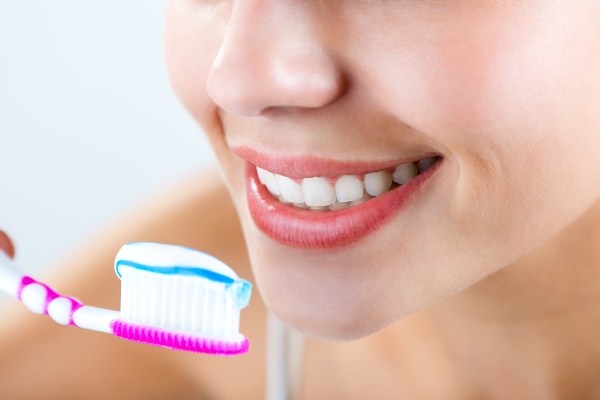Maintaining good oral health is essential for overall well-being, yet many individuals experience common health problems that can impact their quality of life. From gum disease and tooth decay to oral cancer and foul breath. These problems might be anything from small discomfort to life-threatening illnesses that need to be treated right away. Through the practice of good oral hygiene and routine dental care, individuals can lower their chance of developing these problems and maintain a healthy smile for many years to come.
Five suggestions were provided by Dr. Ayan Banerjee, Dental Consultant at HCL Healthcare, to assist prevent common oral health issues:
ESSENTIAL ORAL HEALTH CARE TIPS TO FOLLOW
Oral Hygiene Routine
• Brush your teeth at least twice a day with fluoride toothpaste, using a soft-bristled toothbrush to gently clean all surfaces of your teeth.
• Use a tongue scraper or your toothbrush to gently brush or scrape the surface of your tongue from back to front to remove bacteria and debris.
• Flossing helps get rid of food particles and plaque that your toothbrush can’t reach in the spaces between your teeth and along the gum line.
Healthy Diet: Gum disease and tooth decay can be increased by acidic food and sugary diet. Limiting one’s intake of sweets, carbonated beverages, and acidic fruits leads to various damages to the tooth structure like erosion. Nutritious foods like fruits, vegetables, lean proteins, and dairy products help one to keep oneself healthy generally as well as orally. These foods provide essential nutrients that support healthy teeth and gums, such as calcium, vitamin C, and phosphorus.
Stay Hydrated: Drink plenty of water throughout the day. Water helps rinse away food particles and neutralize acids in the mouth, reducing the risk of cavities and gum disease.
Dental check-ups: Regular check-ups with the dentist for professional cleanings and comprehensive oral exams allow the dentist to detect any issues early on and provide prompt treatment, preventing minor problems from escalating into major and serious conditions. Depending on your needs, a dentist may recommend dental X-rays, fluoride treatments, or other preventive measures to safeguard your oral health.
Avoid Harmful Habits: Certain habits can have detrimental effects on oral health. Smoking and chewing tobacco not only stains teeth and contributes to bad breath but also increases the risk of gum disease, tooth loss, and oral cancer. It also destroys teeth structure and damages enamel leading to exposure of softer inner layers leading to sensitivity and later pain in the teeth. Similarly, excessive alcohol consumption can dry out one’s mouth and promote bacterial growth, leading to tooth decay and gum inflammation. It dehydrates tissues and cells in the oral region which can lead to oral cancer.
These suggestions will not only help maintain a healthy and hygienic oral health, but they will also raise awareness of oral hygiene issues. This will keep you cheerful and lead to good behaviors and lives.
Source:In







 Finance
Finance







